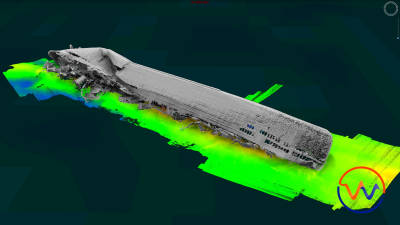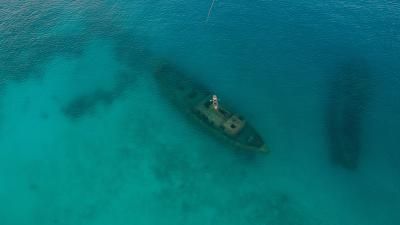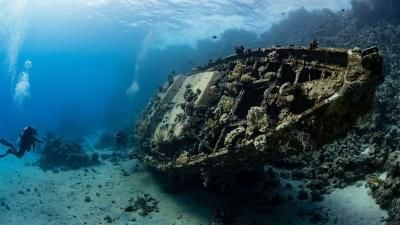The report – Potentially polluting wrecks: protecting people and planet – draws together insights from almost 60 expert contributors from around the world, including marine scientists, maritime archaeologists, salvage professionals and other relevant experts.
This expert coalition – known as Project Tangaroa – issued a call to action in June 2025, setting out key steps needed to tackle the PPW threat in the Malta Manifesto. The Manifesto highlighted the urgency of the situation, with these wrecks – many of which are leftover from the two World Wars – now deteriorating towards instability, accelerated by climate change impacts, and threatening the catastrophic release of vast quantities of oil.
The new report underpins the call to action of the Malta Manifesto, offering a comprehensive, multi-faceted exploration of the challenge and its potential solutions, along with a more detailed list of recommendations. These include:
- A global advocacy campaign to raise awareness of the issue and drive action.
- The development and implementation of international standards for PPW management via the International Maritime Organization.
- The establishment of a PPW finance task force to ensure fit-for-purpose finance is mobilised at the required scale.
- A technology roadmap to ensure the necessary equipment to monitor, survey and remediate wrecks can be widely and affordably deployed.
The report also recommends that two other key UN bodies, the UN Environment Programme (UNEP) and UNESCO, should be engaged in the development of PPW guidelines and toolkits, and the integration of PPWs into relevant international policy frameworks. Since the publication of the Malta Manifesto, UNEP has responded positively to these calls, expressing readiness to collaborate on the issue.
The Project Tangaroa coalition was convened by Waves Group and The Ocean Foundation with funding from Lloyd’s Register Foundation.




